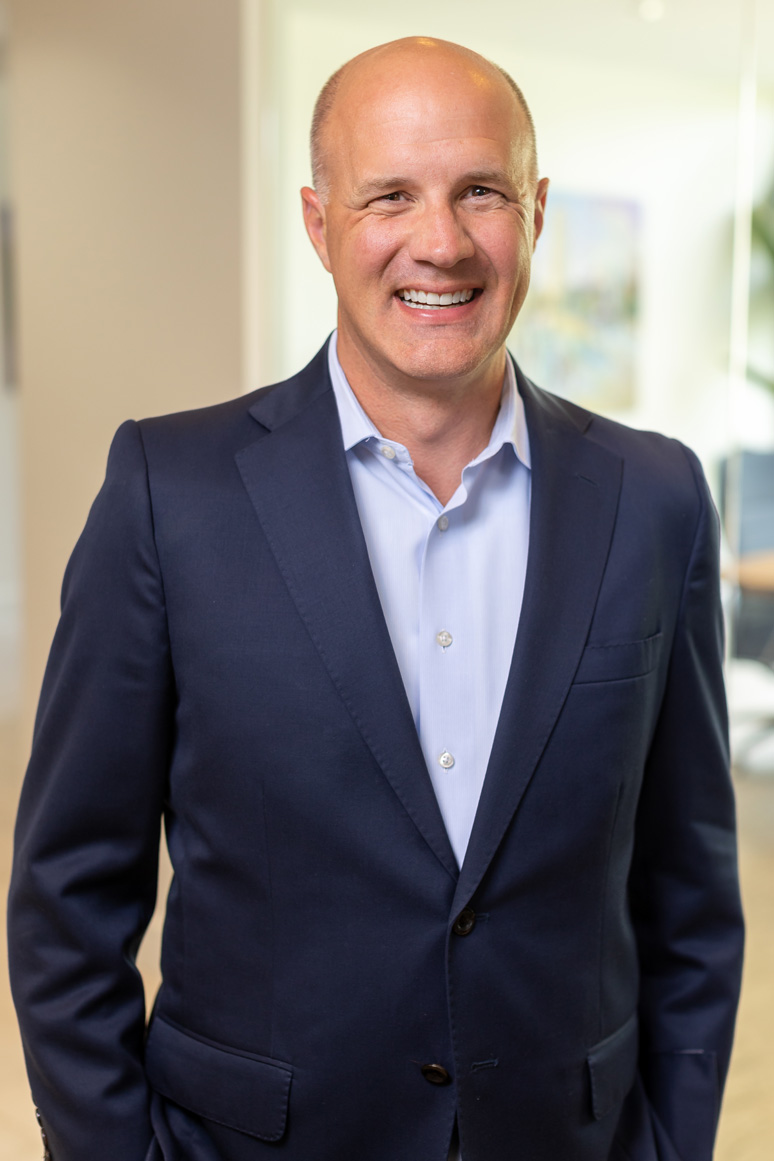Waverly Advisors Acquires SoundPath Investment Advisors
SoundPath Investment Advisors (“SoundPath”) has been acquired by Waverly Advisors as of September 29, 2023.
Moving forward, you will come to know the Waverly Advisors team as an extension of our own. Both Waverly Advisors and SoundPath are driven by a client-first philosophy. We are dedicated to making a difference in the lives of our clients through financial planning and investment management, while building strong, long-lasting advisor-client relationships.



